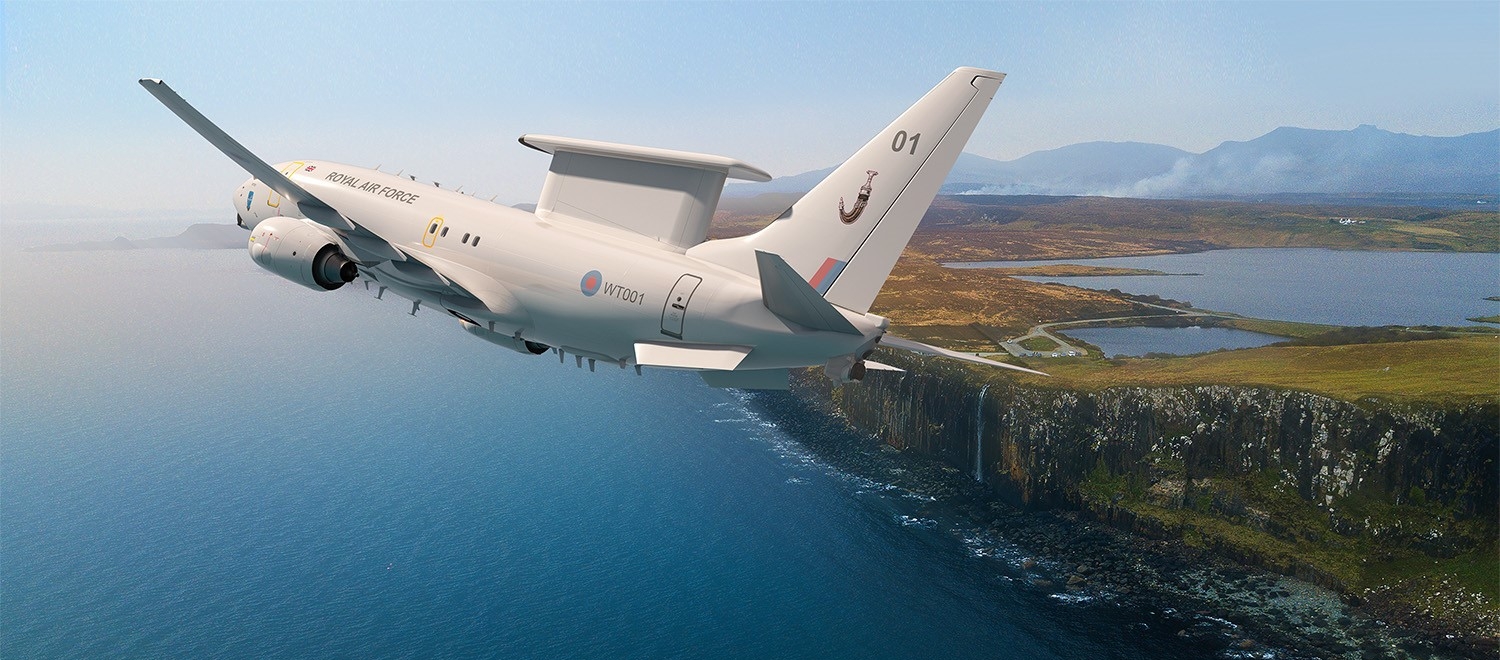RAF Wedgetail cut - a false economy?

In 2019 the UK selected the Boeing E-7 'Wedgetail' to replace the ageing E-3 'Sentry' AWACS aircraft in the Airborne Early Warning & Control (AEW&C) role, with a planned buy of five Wedgetails to replace seven Sentry aircraft. The plan was for Wedgetail to enter service in 2023, but despite this the Sentry AWACS aircraft were retired in September 2021, leaving the UK without a sovereign airborne early warning capability and dependent on NATO assets to cover the gap.
In 2021 the programme was cut from five airframes to three in a decision that has attracted much criticism, and I don't know a single person in the defence world who believes that three is enough to defend UK airspace, never mind contribute AEW&C to NATO or other overseas operations.
In December 2022, Mark Francois MP asked the MOD how much money this reduction will save, and I found the answer quite shocking. Forecast cost for five was £2.2bn, and for three is £1.9bn, so a 14% cost saving for a 40% reduction in aircraft.
I know £300m is a lot of money, but the extra capability and resilience we would get from two more airframes at that price sounds like a bargain to me. I hope that the UK MOD will eventually acknowledge this and procure more aircraft, by which time I fear the cost will inevitably be higher than the £300m saved in the short term.
If I'm correct, this will be yet another example of an MOD decision taken to save cost and fit the budget spend profile in the short term, while increasing eventual total costs in the longer term. There must be a better way of managing the defence budget...
In other news, the in-service date for the UK Wedgetails has slipped to 2024 due to "supply chain issues", extending the sovereign capability gap by another year. Such capability gaps are sadly familiar, following the cancellation of the troubled Nimrod MR4A programme that left our island nation without a long-range maritime patrol capability for 10 years until the arrival into service of the P-8 Poseidon in 2020.
